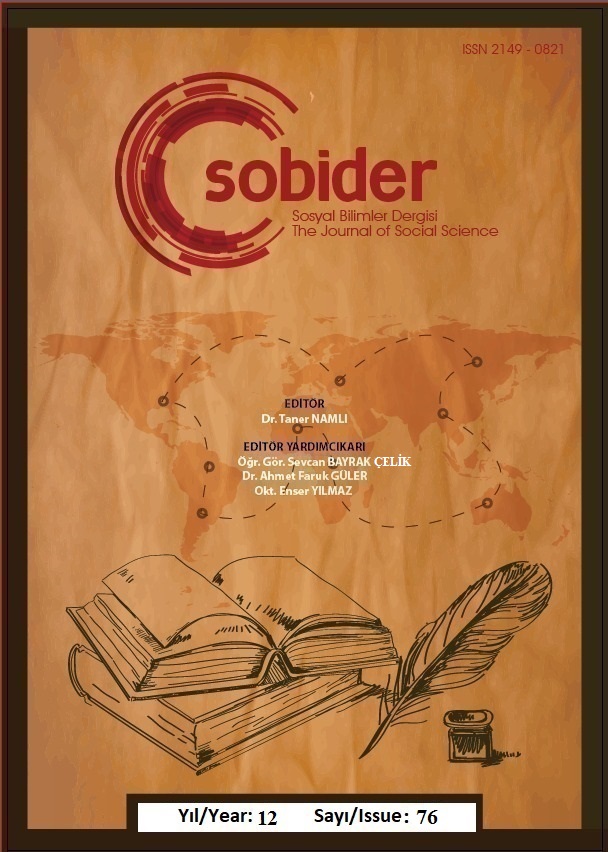Author :
Abstract
XIX. yüzyıl felsefesinin en etkili filozoflarından biri olan Schopenhauer, çağının eğilimlerine tamamen karşıt bir felsefi kavrayışa sahiptir. O, felsefeyi teorik ya da epistemolojik boyutuyla sınırlamayıp, felsefenin varoluşsal ve etik kaygılarını esas almıştır. Felsefeyi sadece akademik camiayı ilgilendiren bir konu olmaktan çıkarıp, ilgi çekici hale getirmiştir. Döneminin en önemli sorunlarından birini “Yaşamın yaşanmaya değer olup olmadığı” sorununu tespit etmekle kalmamış, bu soruna kötümserlik temelinde yanıt vererek bir tartışma ortamı da yaratmıştır. O, Almanya’da felsefeyi “saf bilgi” olmaktan çıkarmayı başaran ve eğitim alanında da bu eğilimini bizzat yansıtmaya çalışan, teori-pratik ilişkisini önemseyen bir filozoftur. Aydınlanma düşüncesine ve Batı akılcılığına karşı olarak Hakikate ulaşmanın entelektüel ve rasyonel olmayan bir yolu olabileceğini düşünen Schopenhauer, bu doğrultuda eğitim anlayışında da aklın ve bilimin egemenliğine dayanan tek yanlı ve sınırlı bir eğitim anlayışına karşı bir tavır sergilemiştir. Bu çalışma Schopenhauer’un eğitim anlayışının temel prensiplerini serimlemek amacındadır.
Keywords
Abstract
Schopenhauer, one of the most influential philosophers of the nineteenth century, had a philosophical conception that was completely contrary to the tendencies of his time. He did not limit philosophy to its theoretical or epistemological dimension, but took the existential and ethical concerns of philosophy as a basis. He made philosophy interesting, rather than a subject of interest only to the academic community. He not only identified one of the most important problems of his time as “whether life is worth living or not”, but also created an environment of debate by responding to this problem on the basis of pessimism. He was a philosopher who succeeded in transforming philosophy from “pure knowledge” in Germany and tried to reflect this tendency in the field of education, emphasizing the relationship between theory and practice. Schopenhauer, who opposed the Enlightenment thought and Western rationalism and thought that there could be a non-intellectual and non-rational way of reaching the Truth, took an attitude against a one-sided and limited understanding of education based on the dominance of reason and science. This study aims to present the basic principles of Schopenhauer's understanding of education.





